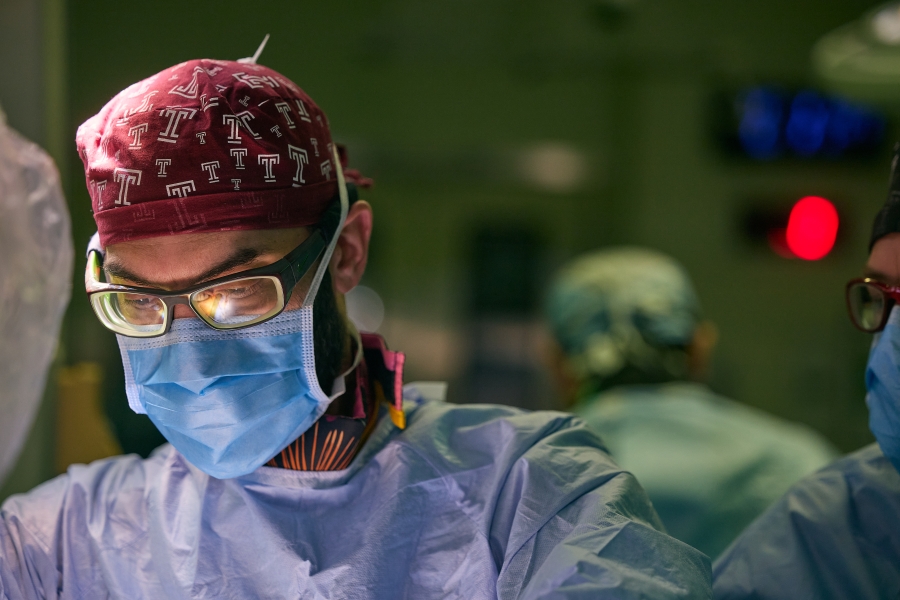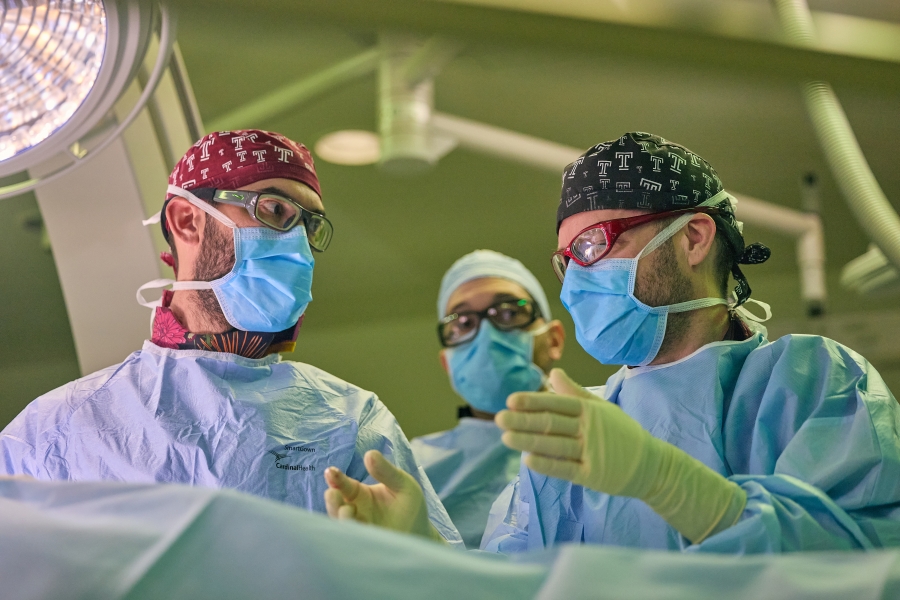“Beware of the microwave oven if you have a pacemaker!”
If you’ve heard that warning and believed it, you’re not alone. Over the years, I’ve heard just about every myth there is about implantable heart devices like pacemakers and defibrillators. So many of them are either totally or mostly false.
In reality, these devices are one of the great success stories of medicine. They have saved countless lives, and millions of people walk around with them every day, perfectly safe.
The myths persist, however. Here are some of the ones I hear most often, and what I tell my patients:
Myth #1: Stay away from microwave ovens.
This myth was actually true…decades ago. Today, thanks to advances in technology, it’s perfectly safe to be around microwaves if you have a heart device. So go ahead, pop that popcorn!
Myth #2: These devices are just for old people.
Although pacemakers and defibrillators are certainly more common in older adults, the heart problems they regulate affect people of all ages.
I tell my younger patients that if a person needs a heart device, it doesn’t mean they’re ‘old’ and doesn’t predict their future longevity. People commonly live decades with these devices, including some who get them as children.
Myth #3: They will leave big ugly lumps or scars in my skin.
This may have been a concern in the past but not anymore. Today’s devices are smaller than ever and can often be implanted through very small incisions that leave much less scarring.
We can also achieve good cosmetic results by ‘hiding’ these devices in certain places, such as behind a muscle.
Myth #4: I don’t need a device if I don’t have any symptoms.
I hear this a lot. But not all abnormal heartbeats have obvious symptoms. We can often predict future dangerous heart rhythms that haven’t even happened yet. That means some people have a higher risk of a future life-threatening emergency and not even know it.
In many cases, the problem is picked up by another test, like an EKG, a heart monitor or a heart ultrasound (echocardiogram). If we find an issue on a heart test, I tell my patients that they shouldn’t simply wait until something goes very wrong.
Instead, I recommend further investigation. Sometimes we proactively implant a device so that the patient is protected if a problem does occur.
Myth #5: I won’t be able to travel or go through airport security.
Don’t cancel your vacation plans!
It’s true that pacemakers and defibrillators (because they’re made of metal) may be picked up by a metal detector or millimeter wave scanner. Don’t worry — walking through detectors or scanners won’t damage these devices or cause them to malfunction.
Most people simply carry a wallet card that they can present to security informing them of the device, and allowing them to use a quick pat-down screening process instead of the metal detector or millimeter wave scanner.
Myth #6: I won’t be able to drive.
This is a very common concern, but most people can still drive with a pacemaker or defibrillator as long as they haven’t been having fainting spells.
Sometimes doctors will restrict driving for a week or so after implantation, while the new device starts to heal in place. This is mainly because of the prescription pain medication the patient is taking. And it’s true that people with implanted defibrillators cannot hold a commercial driver’s license.
But in all other cases, studies show that people who have a pacemaker or defibrillator are at no greater risk of having an accident than the general public. This may or may not be reassuring!
Myth #7: I’ll have to be cut open frequently to change the batteries or change the device settings.
The batteries in today’s heart devices commonly last up to 10 years or longer. (We can only dream of our mobile phone batteries lasting as long!) This greatly reduces the need for device replacement for a low battery.
Also, changing the settings on a device can be done quickly in the office through a wireless link. This means there’s no need for an incision or procedure of any kind.
Myth #8: I’ll always be anxious and won’t want to go anywhere.
This is a common fear. But I’ve found most people feel less worried and more comfortable going out and traveling after they get a heart device.
That’s because they know the device is always monitoring them and will automatically treat a problem if it occurs. This gives them great peace of mind.


